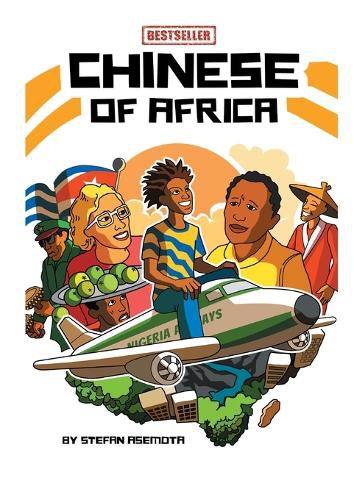Readings Newsletter
Become a Readings Member to make your shopping experience even easier.
Sign in or sign up for free!
You’re not far away from qualifying for FREE standard shipping within Australia
You’ve qualified for FREE standard shipping within Australia
The cart is loading…






This title is printed to order. This book may have been self-published. If so, we cannot guarantee the quality of the content. In the main most books will have gone through the editing process however some may not. We therefore suggest that you be aware of this before ordering this book. If in doubt check either the author or publisher’s details as we are unable to accept any returns unless they are faulty. Please contact us if you have any questions.
As the plane took off, I was leaving more than just my father. I was leaving behind the last bit of hope I had When the grief of losing a loved one hijacks his life, Stefan finds himself on a raw, unfiltered journey home with a father he barely knew, armed with nothing but questions and a desperate need to understand. The Chinese of Africa is a personal and sociopolitical memoir that explores Stefan's transformative journey through grief, cultural identity, and a critical examination of Nigeria's socioeconomic structure. Following the loss of his Swiss mother, Stefan accompanies his Nigerian father on a poignant return to his native land, seeking to bridge the emotional distance between them and understand the complex challenges facing contemporary Nigeria. His mother's death becomes the emotional catalyst propelling his journey of reconnection, both with his father and his father's homeland. Grief is portrayed not as a debilitating force but as a transformative experience that opens pathways to deeper understanding. He uses this personal pain to explore the African parenting culture that has traditionally made it difficult for sons to connect with their fathers. The Chinese of Africa is not just a travel memoir or a personal grief narrative but a sophisticated sociopolitical exploration of a man who shows the problems affecting his nation and his continent and how historical forces like slavery and colonisation continue to shape African societies. Stefan doesn't just describe problems affecting the Nigerian culture he tries to understand their roots and imagine workable solutions. He explains how complicated social rules make it hard for fathers and sons to truly understand each other. Growing up between two cultures gives him a unique view of Nigeria's challenges, and leveraging his personal stories and careful observation, he shows how family dynamics reflect larger social issues. Through his grief, hallucinations, poems, thoughts, personal experiences, and syst
$9.00 standard shipping within Australia
FREE standard shipping within Australia for orders over $100.00
Express & International shipping calculated at checkout
This title is printed to order. This book may have been self-published. If so, we cannot guarantee the quality of the content. In the main most books will have gone through the editing process however some may not. We therefore suggest that you be aware of this before ordering this book. If in doubt check either the author or publisher’s details as we are unable to accept any returns unless they are faulty. Please contact us if you have any questions.
As the plane took off, I was leaving more than just my father. I was leaving behind the last bit of hope I had When the grief of losing a loved one hijacks his life, Stefan finds himself on a raw, unfiltered journey home with a father he barely knew, armed with nothing but questions and a desperate need to understand. The Chinese of Africa is a personal and sociopolitical memoir that explores Stefan's transformative journey through grief, cultural identity, and a critical examination of Nigeria's socioeconomic structure. Following the loss of his Swiss mother, Stefan accompanies his Nigerian father on a poignant return to his native land, seeking to bridge the emotional distance between them and understand the complex challenges facing contemporary Nigeria. His mother's death becomes the emotional catalyst propelling his journey of reconnection, both with his father and his father's homeland. Grief is portrayed not as a debilitating force but as a transformative experience that opens pathways to deeper understanding. He uses this personal pain to explore the African parenting culture that has traditionally made it difficult for sons to connect with their fathers. The Chinese of Africa is not just a travel memoir or a personal grief narrative but a sophisticated sociopolitical exploration of a man who shows the problems affecting his nation and his continent and how historical forces like slavery and colonisation continue to shape African societies. Stefan doesn't just describe problems affecting the Nigerian culture he tries to understand their roots and imagine workable solutions. He explains how complicated social rules make it hard for fathers and sons to truly understand each other. Growing up between two cultures gives him a unique view of Nigeria's challenges, and leveraging his personal stories and careful observation, he shows how family dynamics reflect larger social issues. Through his grief, hallucinations, poems, thoughts, personal experiences, and syst